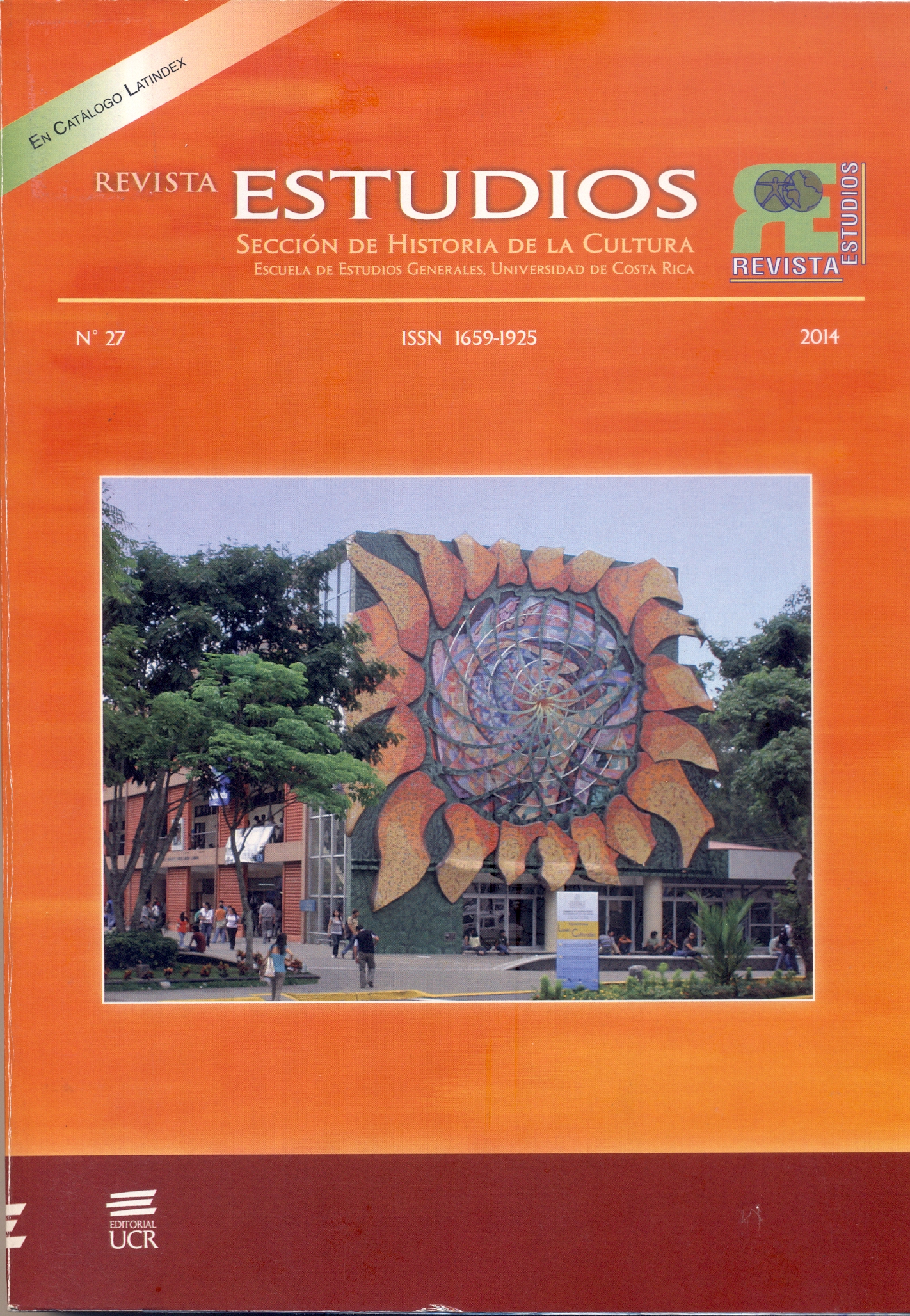Abstract
This paper deals with the concepts of rationality and irrationality in law. It is a study on comparative law, centred in the medieval and contemporary notions of perjury and false testimony. It will be argued that the juridical field has an arsenal of semantic tools at its disposal, which allow it to bring ancient elements and concepts into the present and give them a new meaning. The juridical field may not, however, get rid of the non-rational basis of the elements and concepts that it dislocates. Making them part of a dogma, modern law may render “normal” and “acceptable” elements of a tradition which is beyond the grip of logical rationality. This tradition is, nonetheless, intelligible from the perspective of a practical rationality.
References
BOURDIEU, P., «La force du droit», dans: Actes de la recherche en sciences sociales, vol. 64 (1986), p. 3-19
DELEUZE, G., L’abécédaire de Gilles Deleuze.G de Gauche, Paris, 1988
FOUCAULT, M.,Il faut défendre la société. Cours au Collège de France 1976, Paris, 1997
FOUCAULT, M., L’histoire de la folie, Paris, 1961
La preuve, II Moyen Âge et Temps Modernes, Recueils de la société Jean Bodin, XVII. Bruxelles, 1965
LATOUR, B., Enquêtes sur les modes d’existence. Une anthropologie des Modernes,Paris, 2012
LEVY, J.-P., La hiérarchie des preuves dans le droit savant du Moyen Âge depuis la renaissance du droit savant jusqu’à la fin du XIVe siècle, Paris, 1939
MALINOWSKI, B., Crime and custom in savage society, New York, 1926
MAUSEN, Y., Veritatis adiutor. La procédure du témoignage dans le droit savant et la pratique française (XIIe et XIVe siècles), Milan, 2006
Schelling, T., The Strategy of Conflict,Massachusetts, 1960 WEBER, M., “ La domination légale à direction administrative bureaucratique”, en:
Zambrana Moral, P., “Rasgos generales de la evolución histórica de la tipología de las penas corporales”, en: Revista de Estudios Histórico-Jurídicos XXVII,Málaga, 2005:197 –229

